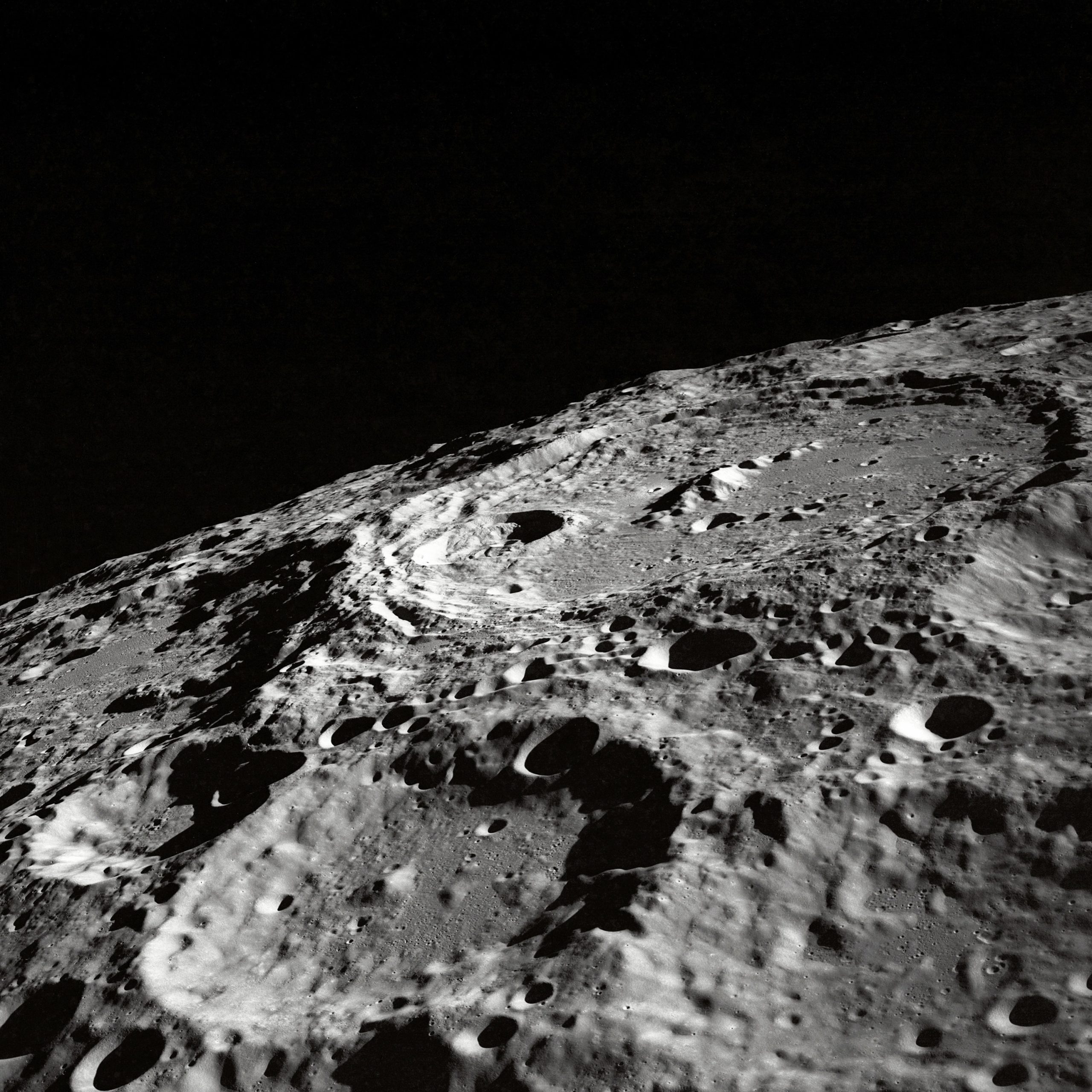Feng Shui: Chinese or Japanese?
When it comes to the ancient practice of feng shui, many people are unsure of its origins and cultural roots. One common question that often arises is whether feng shui is Chinese or Japanese in origin. In this blog post, we will delve into the history and traditions of feng shui to provide a comprehensive understanding of its cultural background.
The Origins of Feng Shui
Feng shui, which translates to “wind-water” in English, is an ancient Chinese practice that dates back thousands of years. While it originated in China, feng shui has influenced various cultures and societies throughout history. Its principles and concepts have been adopted and adapted by different civilizations, including the Japanese.
The Chinese Connection
Chinese feng shui is deeply rooted in the Taoist philosophy and the belief that everything in the universe is connected by energy, or “chi.” This energy flows through all living and non-living things and is influenced by the environment and the layout of spaces. The goal of feng shui is to harmonize this energy and create balance in one’s surroundings.
In Chinese feng shui, practitioners analyze the flow of chi based on the orientation, structure, and arrangement of buildings and their surroundings. The main tools used in Chinese feng shui are the bagua, a grid-like map that represents different areas of life, and the compass, known as a luopan, which helps determine the direction and flow of energy.
The Japanese Influence
While Chinese feng shui laid the foundation for this ancient practice, it was later introduced to Japan and incorporated into the Japanese culture. In Japan, feng shui is commonly known as “kanso,” which means “sensibility” or “simplicity.”
Japanese feng shui focuses on maintaining a minimalistic and harmonious living environment. It emphasizes aesthetic principles such as simplicity, natural elements, and open spaces. Japanese practitioners believe that a clutter-free and well-organized space promotes tranquility and encourages positive energy flow.
Differences in Approach
While both Chinese and Japanese feng shui share the same goal of creating balance and harmony, they have distinct differences in their approach and techniques.
| Chinese Feng Shui | Japanese Feng Shui |
|---|---|
| Focuses on the bagua and compass | Emphasizes simplicity and natural elements |
| Considers the external environment (mountains, rivers, etc.) | Emphasizes interior arrangement and organization |
| Places importance on color symbolism and five elements | Stresses minimalism and open spaces |
Cross-Cultural Adaptation
Over time, feng shui has transcended cultural boundaries and has become a widely practiced technique worldwide. Many modern interpretations of feng shui blend elements from both Chinese and Japanese traditions, creating a harmonious fusion that suits different cultural preferences and beliefs.
It’s important to note that while feng shui has gained popularity internationally, there are still differences between the Chinese and Japanese approaches. Understanding these distinctions is crucial when seeking professional guidance or applying feng shui principles to your own living or working space.
The Power of Feng Shui
Regardless of its origins or cultural adaptations, feng shui continues to be highly regarded for its potential benefits in creating harmonious living environments. By incorporating feng shui principles into your home or office, you can potentially enhance your well-being, improve relationships, and promote success and prosperity.
Whether you follow the Chinese or Japanese approach to feng shui, the key lies in understanding the fundamental principles and adapting them to fit your unique needs and beliefs.
In Conclusion
Feng shui, an ancient practice rooted in Chinese philosophy, has influenced cultures around the world, including Japan. While Chinese feng shui focuses on the arrangement of spaces and the flow of energy, the Japanese approach emphasizes simplicity, natural elements, and open spaces.
Whether you embrace the Chinese or Japanese interpretation, feng shui offers a path to creating harmony and balance in your environment. By utilizing its principles, you can transform your living or working space into a sanctuary that promotes positivity and well-being.
Remember, the true power of feng shui lies not in its cultural origins but in its ability to bring serenity and positive energy into your life, regardless of your cultural background or beliefs.
Table of Contents
